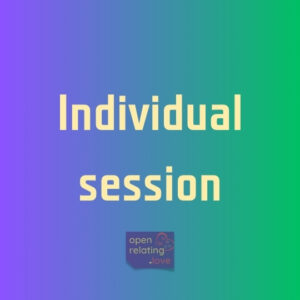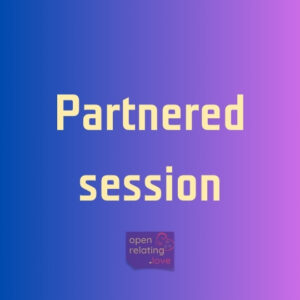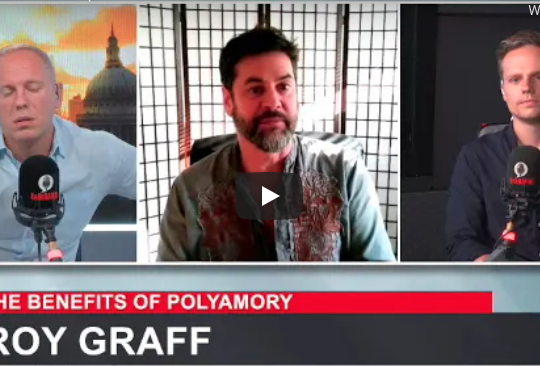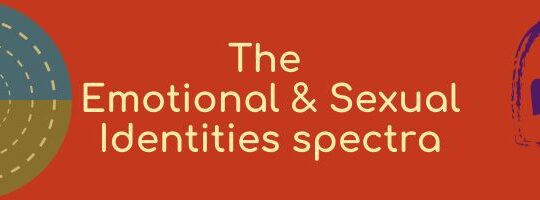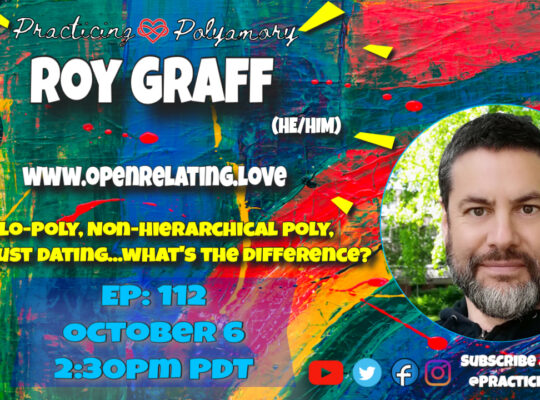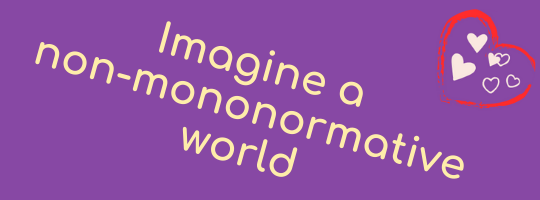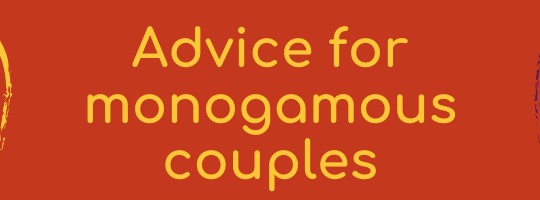The rise of fascism, families and relationships
The rise of fascistic policies and leaders around the world (thinking of traditionally Western democratic countries like US, Italy, Sweden, Israel) is, I believe, a direct result of patterns of dictatorship and fascism being normalised in family life. When children are raised in families that do not give them a voice, are modelled fascistic behaviour and primacy of power, is it any wonder they grow up to advocate and vote for fascistic politicians, as adults?
If we don’t change the manner in which we raise children, our society will continue burning books, bullying minorities and choosing ‘strong’ leaders to tell us how to think.
We will also continue choosing romantic partners for what they can do for us, or how they make us feel, repeating the cycle of dependency from our childhood.
It would be much better if we can choose partners who we can connect with authentically and whom we love simply for who they are and will become, embracing the mystery of it.
What is love?
What most people think of as love, is not really love. People invest their emotion in someone, expecting the same in return, and believe that this is love. Unrequited love becomes the unreciprocated investment of emotion in another.
There needs to be a word to describe the selfless focus on another’s spiritual growth. If it’s not love, then what is it? Since we learn about love first from our caregivers, this is part of it. However we also learn about dependence, care and selfish emotional investment. It is so helpful to be able to separate out all these and not lump them under love
Therapy as love
Therapy offers a model of how to love purely. The therapist offers a genuine interest and investment in their client’s spiritual growth, which is the purest form of love. The therapist offers full acceptance, seeing the human potential and spiritual path and reflecting it back to the client. When the therapeutic alliance works, the client will learn what real love feels like and it can heal the wounding of not having been loved as a child.
Opening up from monogamy
One of the pitfalls of opening up a monogamous relationship, is starting to date others before undertaking a complete evaluation of…
- codependency
- couple’s privilege
- the ability to communicate with full honesty and vulnerability
- understanding and communicating our individual needs and desires
Sometimes it’s because of a rush to experience, sometimes is lack of awareness of how important this is.
Thoughts about monogamy
Compulsory monogamy:
Accepting monogamy as the default and only path to relationship happiness, teachings at every level of education, promotion by religion and state institutions through doctrine and laws
Toxic monogamy:
This is about perpetuating childhood wounding and pathological behaviour in monogamy through codependent behaviour. Toxic monogamy refers to harmful patterns of behavior within monogamous relationships that can cause harm to one or both partners.
Toxic monogamy patterns include possessiveness, jealousy, controlling behavior, abuse and emotional manipulation. Toxic monogamy can also involve rigid gender roles, such as the expectation that men should be dominant and women should be submissive.
Dating
How can you tell if your new romantic interest is practicing ethical and consensual polyamory, cheating on their partner or swimming in the grey zone? There are some practical things you can do. For example, you can ask if you can meet or talk to their partner. If you have a weird feeling about it, trust your intuition. If they are secretive about their life, don’t add you on their social media or say they have a DADT (don’t ask, don’t tell) agreement, it’s fine to have a boundary about it.
Your boundary can be that you only date people who can backup their polyamory claims and demonstrate ethical practice of it. There may be valid reasons to be private, as some people can’t be out as polyam at work or with family. There can also be a valid reason to practice DADT. But if they aren’t willing to help you gain trust, that can show a lack of empathy and be a red flag.
While people may say they practice non-monogamy, the values underpinning the practice could be wildly different. When only viewed as a lifestyle without educating yourself on the ethics & values of it, it can look like:
- “Looking for ‘the one’, but gonna have some fun along the way until I find them”
- “I can have all the fun with no emotional investment to support my partners”
- “I have my stability and safety at home with my anchor partner, so I can have no-strings fun outside of my primary relationship”
- “We are a couple in love, and we want to spice up our love life by bringing in a third. They will exist to help us deepen our connection to each other.”



